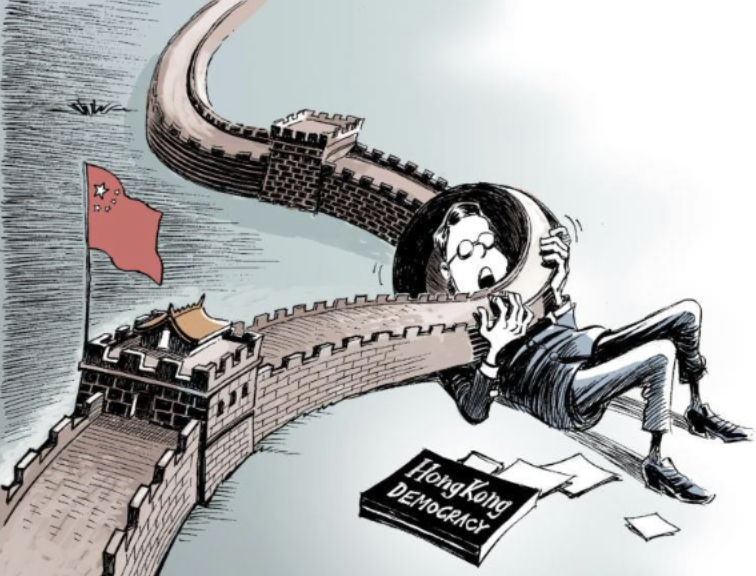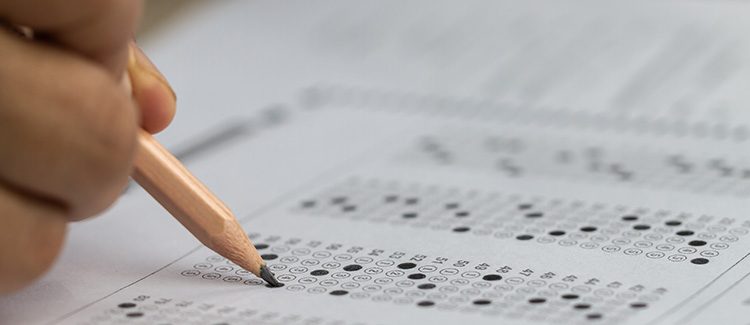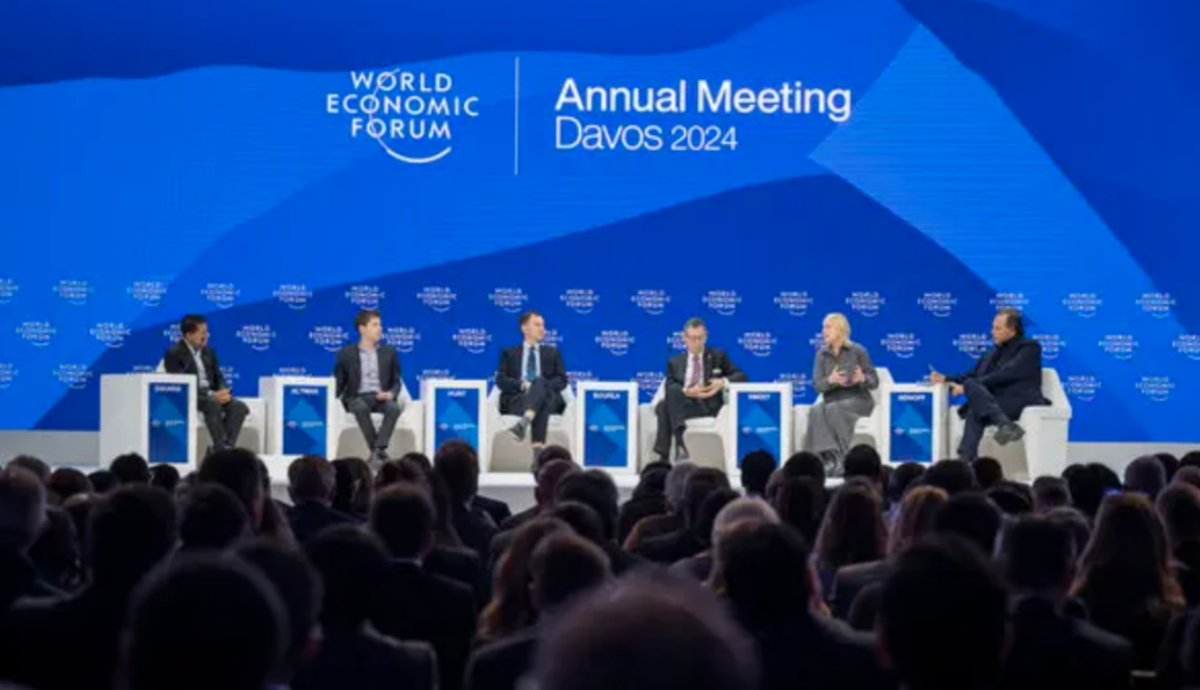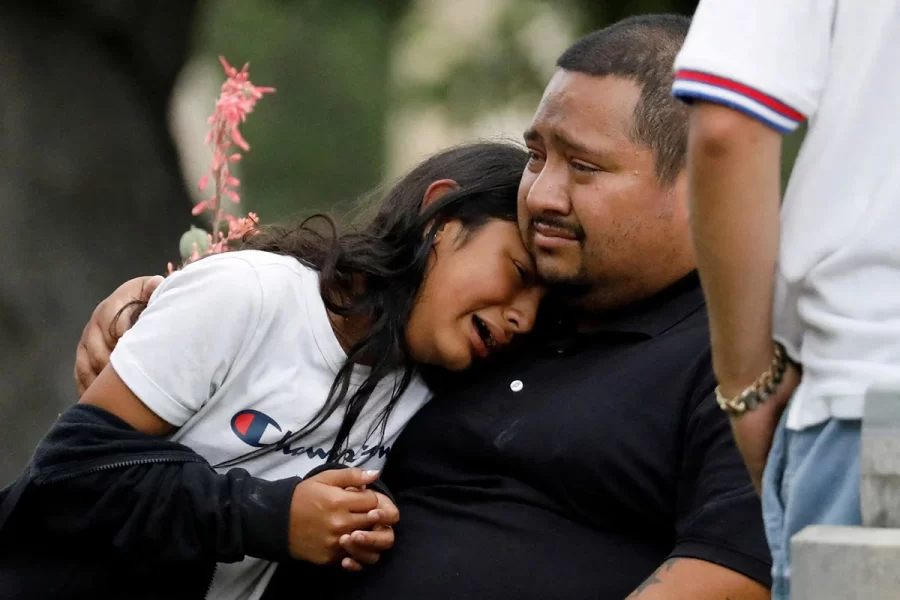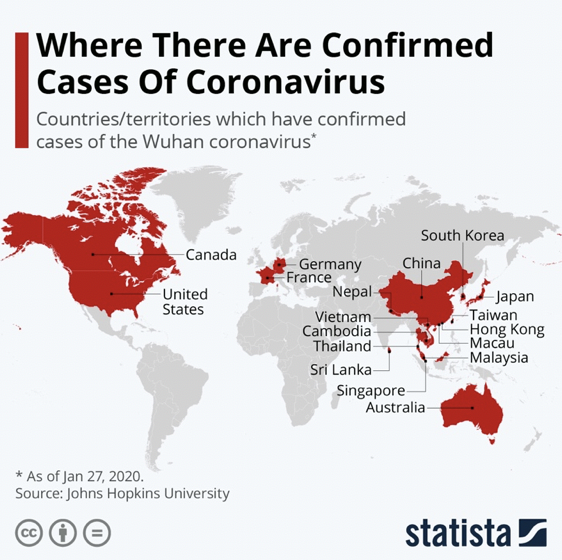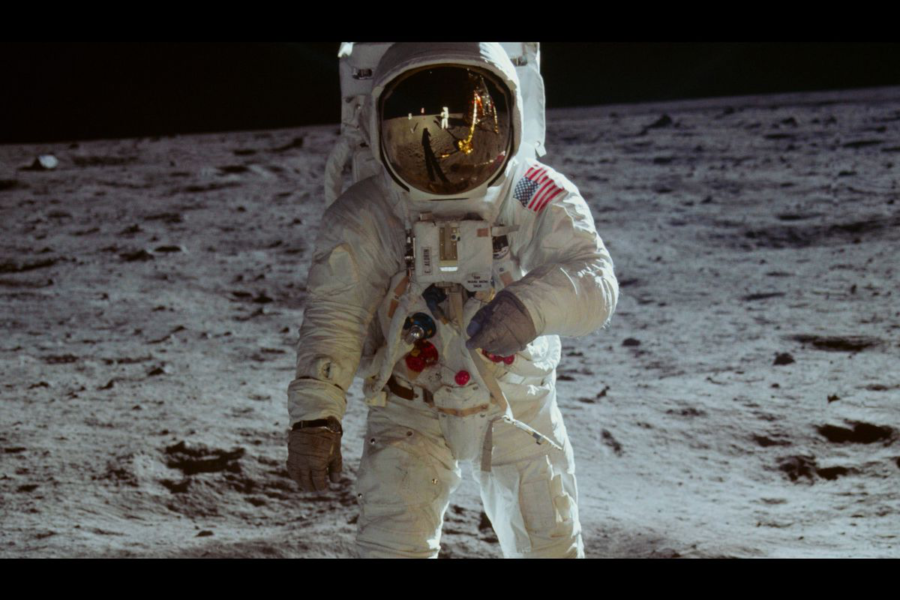“I can’t go to that area of the city. I’ve already been kicked out seven times,” stated Livia Zhao, 16, from China. She explained that “those who work in Chinatown are from Hong Kong. They don’t like people like me, from inland China.”
In 1997 Hong Kong, a former British colony, was handed to China under the Sino-British Joint Declaration. Under this Declaration, China agreed to the one country, two systems policy, where Hong Kong kept its government and capitalist economy for fifty years. Not halfway into this agreement, however, did Beijing pass the 2020 National Security Law. Now, previous liberties including freedom of speech, freedom of the press, and voting rights were seized. Through the use of rubber bullets, tear gas, and mass shootings, Beijing officials have thwarted protestors and continued to suppress individuals from Hong Kong.
The crackdown on free markets is an equally, if not more detrimental, effect of the Declaration. Prior to 2020, Hong Kong traded and conducted business with Singapore, Tokyo, Shanghai, and even America. During this time, trade was unrestricted, and the Chinese government did not control foreign investment or international businesses in Hong Kong. Yet as of 2020, increased business censorship and limited trade have led foreign investors to withdraw their shares and force the relocation of global companies. The result of this? A diminished international status.
The aftermath of the 2020 Declaration deeply resonates with me. Having spent time in Hong Kong as a child, I vividly remember the confluence of Cantonese and American culture. I would take the ferry to Kowloon and visit the seemingly endless lines of street markets. At night, I watched the bright lights of Victoria Harbor and took in the countless financial buildings and skyscrapers.
The rights of Hong Kong citizens in jeopardy. The traditional shrines, multi-faceted culture, and economic means of prosperity are in jeopardy too.


